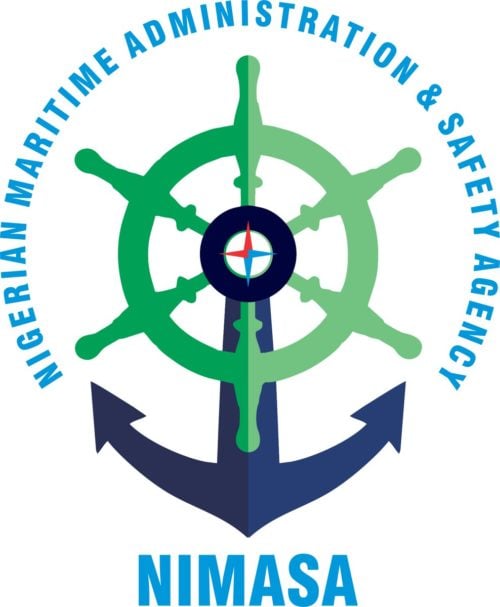The Nigerian Maritime Administration and Safety Agency (NIMASA) has approved and accredited 27 registered shipyards across the country, marking a key step in its efforts to raise safety and operational standards in Nigeria’s maritime industry.
According to the agency, the accreditation is in line with its powers under Section 22 of the NIMASA Act, 2007, and Sections 335–339 of the Merchant Shipping Act, 2007, which empower NIMASA to regulate, inspect, and license shipyard operations nationwide.
In a statement on Sunday, the Deputy Director and Head of Public Relations, Osagie Edward, said that out of the 27 accredited facilities, 10 are located in Lagos State, eight in Rivers State, and nine in Delta State.
“These are the only shipyards that have so far complied with the agency’s stringent regulatory, safety, and operational standards,” the statement read.
Edward explained that the accreditation process aims to ensure that all ship-building and repair facilities operating in Nigeria meet the required international benchmarks for safety, environmental compliance, and quality assurance.
Accredited shipyards to receive unique identification
As part of the accreditation benefits, NIMASA said vessels constructed at the approved shipyards would be issued a Keel Identification Number (KIN) by the agency’s Maritime Safety and Seafarers Standards Department at the point of construction.
The KIN, issued in accordance with the “Certificate of Plan and Specification Approval,” qualifies each vessel to obtain an International Maritime Organisation (IMO) number, making them globally recognised and traceable.
The agency stated that the verification and accreditation process is an ongoing exercise designed to uphold excellence across Nigeria’s maritime value chain. By maintaining a transparent and updated registry of certified shipyards, NIMASA said it seeks to strengthen investor confidence, safeguard capital investments, and align domestic operations with global best practices.
Mobereola restates commitment to safety and standards
The Director-General of NIMASA, Dr Dayo Mobereola, said the accreditation forms part of the agency’s broader effort to modernise the industry, enhance safety compliance, and boost investor trust.
“Our goal is to ensure that every shipyard operating in Nigeria adheres to international standards of safety, environmental protection, and operational efficiency,” Mobereola said.
“By maintaining a credible register of accredited facilities, we are boosting investor confidence, protecting maritime assets, and promoting sustainable industry growth.”
He added that the exercise reflects the agency’s long-term vision of positioning Nigeria as a regional maritime hub, especially in ship repair, dry-docking, and vessel construction.
Nigeria’s underutilised shipyard capacity
A shipyard—also called a dockyard—is a specialised industrial facility where ships and other marine vessels are constructed, maintained, or repaired. These yards are essential to maritime trade and naval operations and are often used to build vessels such as cargo ships, tankers, and naval warships.
Nigeria once had a vibrant ship repair and building sector, but many facilities have become underutilised over the years.
In 2012, there were about 19 ship-repair yards, but over 85 per cent were inactive due to poor infrastructure, limited technical capacity, and lack of consistent policy support.
Today, while the industry contributes modestly to Nigeria’s GDP, the country still lacks the capacity to build large ocean-going vessels locally. Most Nigerian-owned ships and offshore vessels still undergo major overhauls and dry-docking outside the country, especially in Ghana, South Africa, and Asian shipyards.
Industry analysts believe that NIMASA’s renewed accreditation effort could revive investor interest and strengthen the country’s maritime self-reliance.
They also argue that increased local capacity in ship construction and repair could save Nigeria millions of dollars annually in foreign exchange spent on vessel maintenance abroad.
The new accreditation initiative is expected to support the Federal Government’s broader Blue Economy Agenda, which aims to expand Nigeria’s marine and coastal activities, create jobs, and generate more non-oil revenue.
